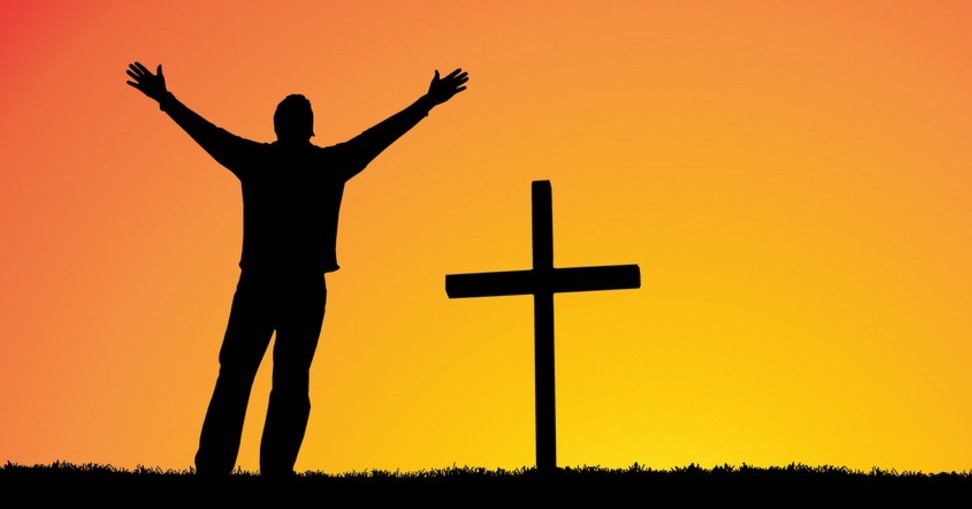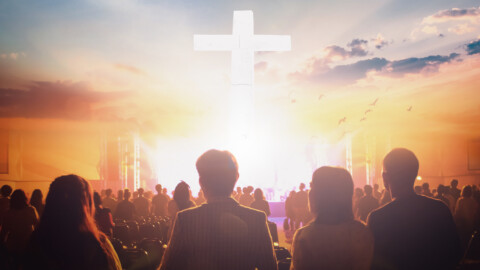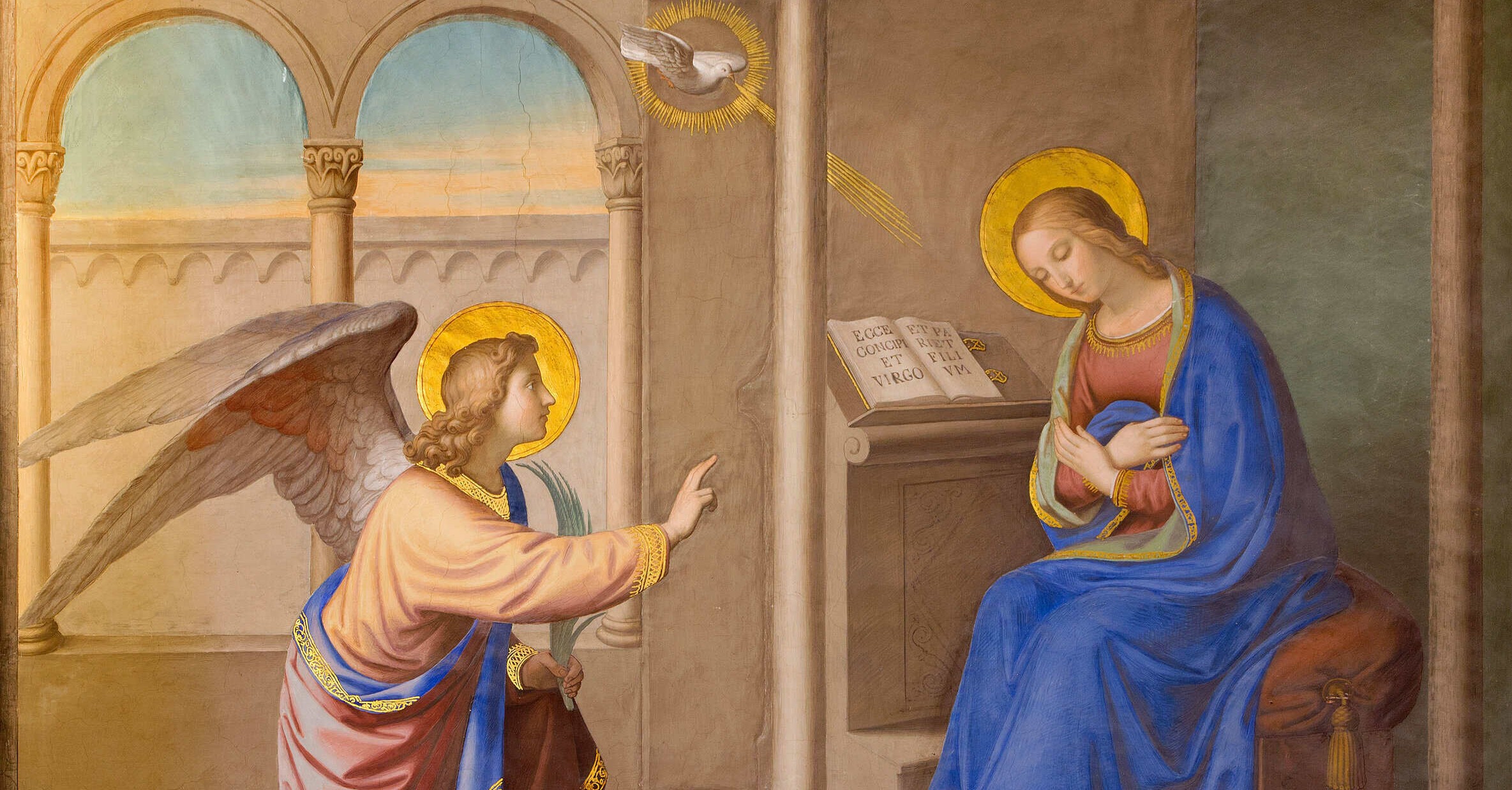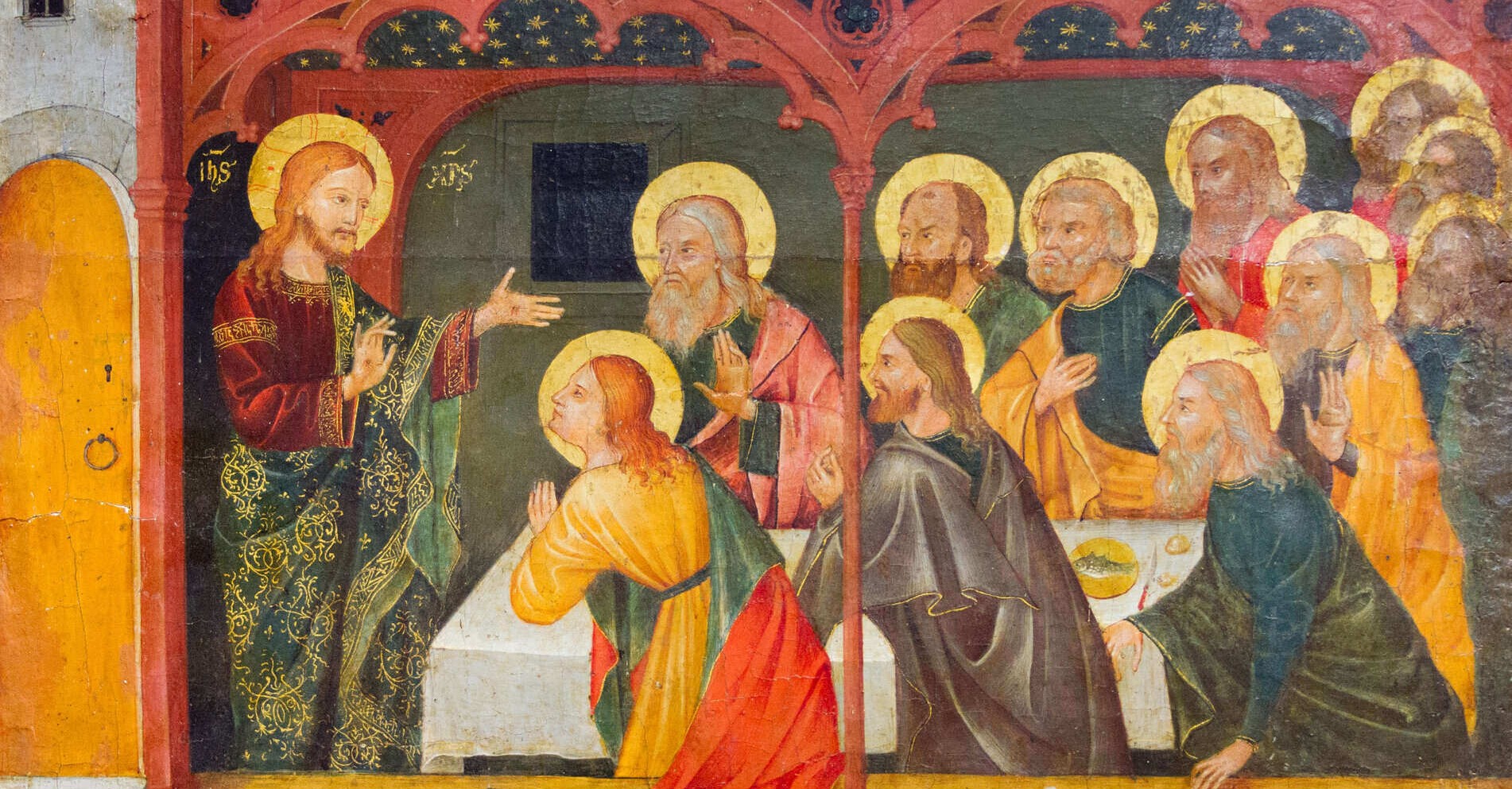5th Sunday in Lent, 21 March 2021
Life is a journey; so is Lent. Some say a journey is all about the destination or goal; others say it’s about the journey: it must be full of fun and adventure. Biblical examples show that it’s both. When the children of Israel journeyed through the wilderness they enjoyed manna from heaven, water from the rock, and the light of God’s presence along the way; but the journey had a destination, the Promised Land. Without God’s provisions, His presence and the Promised Land, any expedition would be meaningless.

A few weeks ago I shared about desire forGod, demonstrated by the prodigal son’s desire to return to his father. I also shared about the necessary attitude of humility, illustrated by the tax-collector and the religious leader who went to the temple: one prayed to himself, the other opened his heart to God and asked for forgiveness. This is exemplified by the prodigal son who said, “I’ve sinned against my father, and I’m going to go back to him.”
The journey back to Paradise
To understand Lent and our Christian journey we must start from “The Expulsion of Adam from the Paradise of Bliss”. I’ve been inspired by Alexander Schmemann’s writing on this subject. Humanity was created for Paradise, knowledge of God and communion with Him. Man sinned and was stripped of the blessed life he received from God; as a result, his existence on earth has been an arduous journey, and he’s more or less in exile. Christ’s coming brought salvation to the world, and He opens the door of Paradise to all who follow Him – remember Dismas, the repentant thief who was next to Jesus, invited by Him to Paradise. Jesus, the Second Adam, leads us back to God; that’s our journey in Lent and in life. Meanwhile, our Saviour reveals to us a dimension and the beauty of God’s Kingdom through our worship in the Church, for us to enjoy during our life here and now. Life on earth is no longer an exile or meaningless: Christ makes it a pilgrimage towards our heavenly Fatherland.[1]
In Lent we’re like Adam, “expelled from Paradise through food; sitting in front of it, he cried: Woe to me… One Commandment of God have I transgressed, depriving myself of all that is good; Paradise Holy! Planted for me [given to me as a gift by God], and now because of Eve closed to me. Pray to thy Creator and mine that I may be filled again with thy blossom. Then answered the Saviour to him: I wish not My creation to perish; I desire it to be saved and to know the Truth; for I will not turn away him who comes to Me.”[2] Life as a whole is a journey back; this is more apparent in Lent.
Liberation from sin
“Lent is the liberation of our enslavement to sin from the prison of this world.” We’re encouraged to practice fasting, prayer and meditation on God’s words. Fasting is generally understood as abstinence from food we crave. Several years I fasted from Facebook, and afterwards the desire was gone. I began to realise the power of fasting: it can break any bondage in a person’s life. In a more profound sense, fasting is not only denying ourselves something we crave or always do that has controlled our lives, but denying the desires and urges of our fallen nature which we received from the first Adam because of sin, for it not to be on the throne or the driver’s seat. Fasting is to deny its control over our heart, mind and flesh; and instead when the bondage is broken, when we’ve denied its power, we learn to yield to the prompting and guidance of the Holy Spirit. Our Lord warned us for fasting not to be hypocritical or a show-off: we must “appear not unto men to fast, but to the Father who is in secret”.[3]
Forgiveness
Jesus said, “If you forgive men their trespasses, your Heavenly Father will also forgive you”.[4] In our Collect we asked for forgiveness for the sins we committed. It’s easy to say it’s God who forgives and humans are the ones who make errors because we’re human. This is true; but beyond that, God wants us to be freed from the power of sin and death. There’s a condition set on forgiveness: to receive forgiveness, we must give forgiveness. It’s easy to say thank You for the forgiveness; but humanly speaking it’s not easy when we’re the ones to forgive. It’s a difficult condition for some, but there’s no going around it.
We can see forgiveness from two standpoints. Subjectively, we must get over our hurt and the bitterness and resentment in our heart, in obedience to the Lord. But there’s something objective in forgiveness, which Alexander Schmemann profoundly shares. Christianity believes the entrance of sin into creation is the source of all human conflict and ills, because of which we see division, opposition, separation, hatred, murder, wars, stealing, covetousness… It’s through Jesus Christ that this can be broken and reversed. The way to return to unity, solidarity and love is to realise the power of forgiveness. The writer invites us to look at forgiveness from the Biblical perspective. Because sin entered humanity, we end up hurting each other, and we have broken relationships; but these can be restored because there’s power in forgiveness. To forgive is to allow its power and radiance to be between me and my “enemy”. That power and radiance is no one else but God, the Source of all forgiveness, who said on the cross, “forgive them, for they do not know what they are doing”. “To forgive is to reject the hopeless dead-ends of human relations”, whether between parents and children, brothers and sisters, or husband and wife. There are many problems in relationships, and it’s very complex; but through the power of forgiveness, relationships can be restored, particularly in Christ. “Forgiveness is truly the breakthrough of the Kingdom into this sinful and fallen world.” If we get stuck with subjectivity because our feelings were hurt, we’ll have a very difficult time forgiving. But if we realise forgiveness is God’s gift to humanity, which comes from His love, to bring healing, and solidarity and unite us again as a family in God, there’s truly hope for humanity.
[1] Alexander Schmemann, Great Lent
[2] Hymn from Vespers for Forgiveness Sunday in the Orthodox Church
[3] Matthew 6:18
[4] Matthew 6:14









